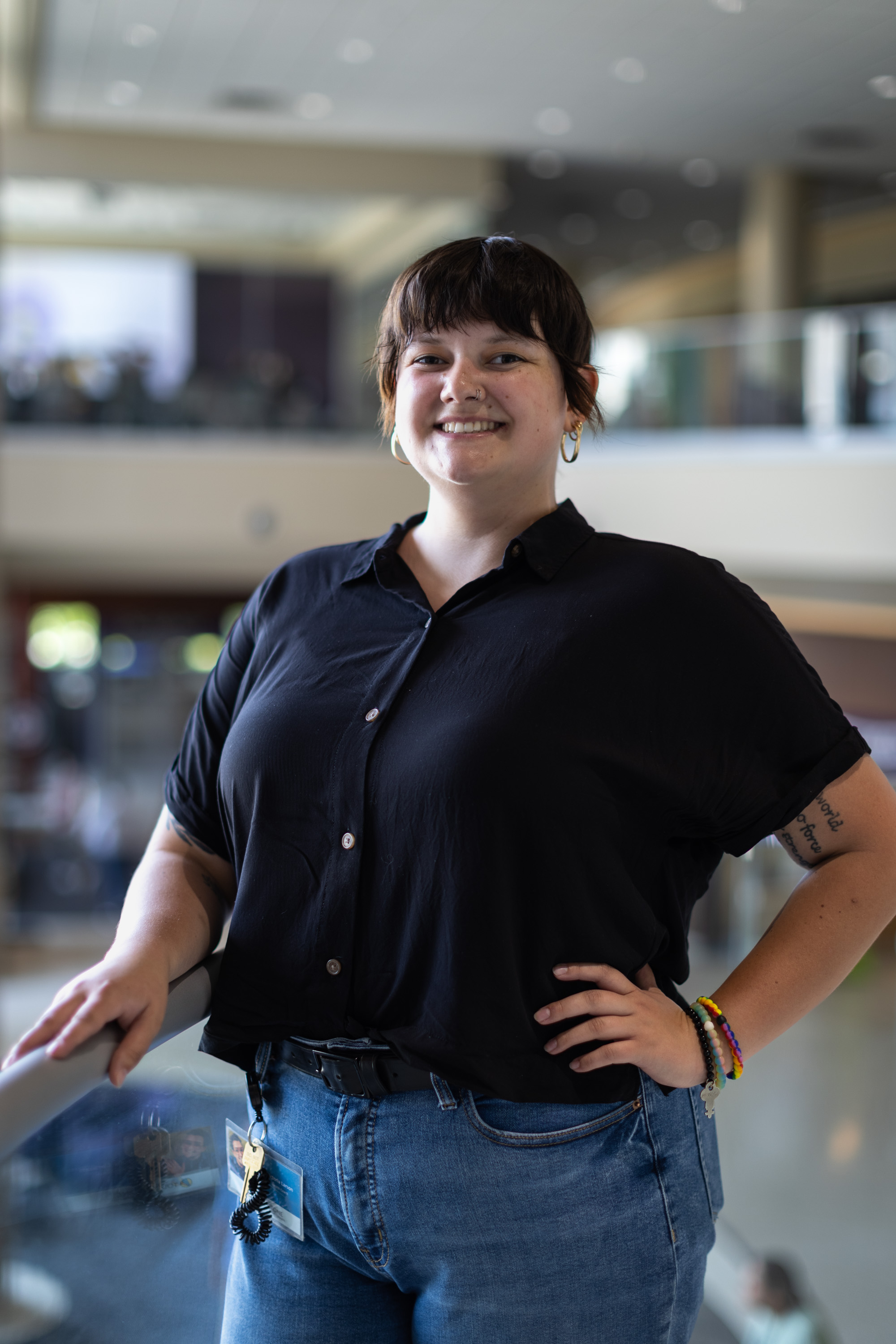Commercial tobacco use is literally killing people who are living with mental illness, but they’re not getting the help they need to kick the habit.
People with serious mental illness live on average 25 years less than the general population, according to the Lung Mind Alliance — and the No. 1 cause of death among people with a mental illness is commercial tobacco use.
In response to the issue, a pair of Minnesota nonprofits are working to make a difference.
In 2022, Touchstone Mental Health, a nonprofit organization that supports people with mental illness or substance use disorders, partnered with Lung Mind Alliance to eliminate the use of commercial tobacco in Touchstone’s residential treatment programs. Lung Mind Alliance is a statewide coalition and part of the American Lung Association that works on tobacco disparities among mental health and substance use disorder populations.
Touchstone didn’t just ban the use of commercial tobacco in four of its Minnesota facilities, but it also incorporated new tobacco treatment programs. In these efforts, it stands out from other treatment facilities across the United States.
Less than a third of substance use disorder treatment programs offer treatment for commercial tobacco addiction, according to Lung Mind Alliance. Many commercial tobacco users want to quit, but they are rarely given the proper support to do so. Sometimes even trained mental health professionals are reluctant to help.

“There’s this persistent and pervasive concept that people with mental health disorders are unable to quit or don’t want to quit,” said Victoria Larson, a health coach and tobacco treatment specialist at Touchstone.
For example, a primary care doctor may ignore smoking to treat what they view as the greater health issue.
“A regular primary care doctor … will not historically talk to [someone with a mental illness] about tobacco use, nor encourage them to quit,” Larson said.
While some people view commercial tobacco as a safe substitute for other addictive substances, it is far more harmful than many realize. Many people who quit abusing another substance resort to smoking, which can be just as harmful and addictive as whatever they were using before, according to Larson.
“[Tobacco] interacts with our brain in the exact same way that all other drugs do,” they said. “It runs along the dopamine reward system, just like any other substance.”
Larson believes that commercial tobacco is perceived as less harmful than it truly is because it was once so commonly used in everyday life.
“Back in the day, mental hospitals actually gave out cigarettes to people,” said Larson.
In addition, the commercial tobacco industry “has intentionally targeted certain communities, and one of those is people with mental illness,” Larson said.
Research shows that quitting commercial tobacco significantly reduces anxiety, depression and stress, which improves people’s overall mental health.
This May the Minnesota Legislature took a step forward for all Minnesotans battling commercial tobacco addiction by passing bill SF 2995, which allows people with MinnesotaCare or Medicaid to have access to tobacco treatment through their insurance.
“[The bill] took off all of the limits that had been around nicotine replacement therapies,” said Larson.
While tobacco use remains prevalent in Minnesota, Lung Mind Alliance is on a mission to improve overall Minnesota health by partnering with numerous treatment facilities to reduce the use of tobacco products, especially by vulnerable populations, such as people with mental illness.

“We’re a statewide coalition. So we bring together multiple organizations from across the state of Minnesota,” said Chelsey Bad Moccasin, specialist of advocacy in tobacco control at Lung Mind Alliance.
The Lung Mind Alliance strives to build on each collaboration, including its work with Touchstone.
“It’s nice for a facility like Touchstone to see … that others have done this, too,” said Bad Moccasin. “They know that they are not alone in this, and that’s kind of the whole point of Lung Mind Alliance.”
ThreeSixty Journalism students are passionate about mental health and how it impacts their community, which is why the stories produced at News Reporter Academy this summer are so important. In partnership with the Center for Prevention at Blue Cross and Blue Shield of Minnesota and led by MinnPost, students are profiling mental health resources in underrepresented communities. This resource guide highlights important people and organizations doing mental health work throughout the Twin Cities. Click to read more stories.
